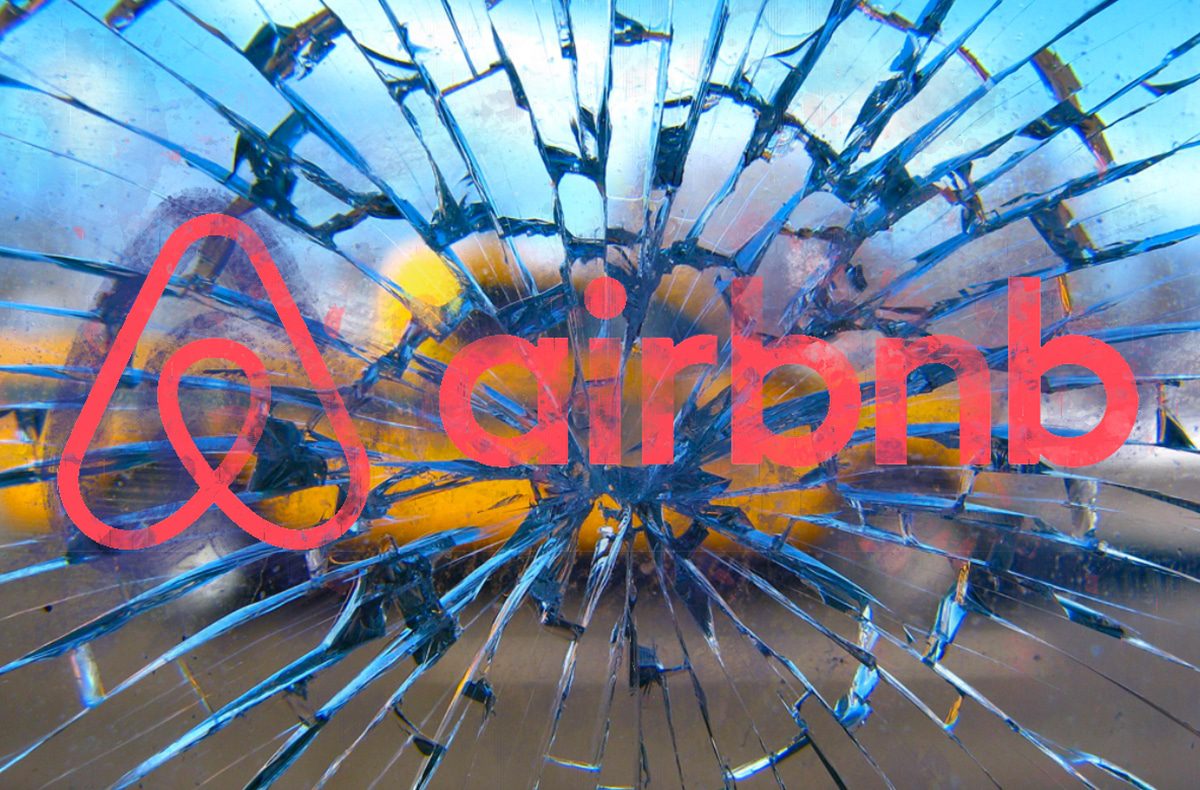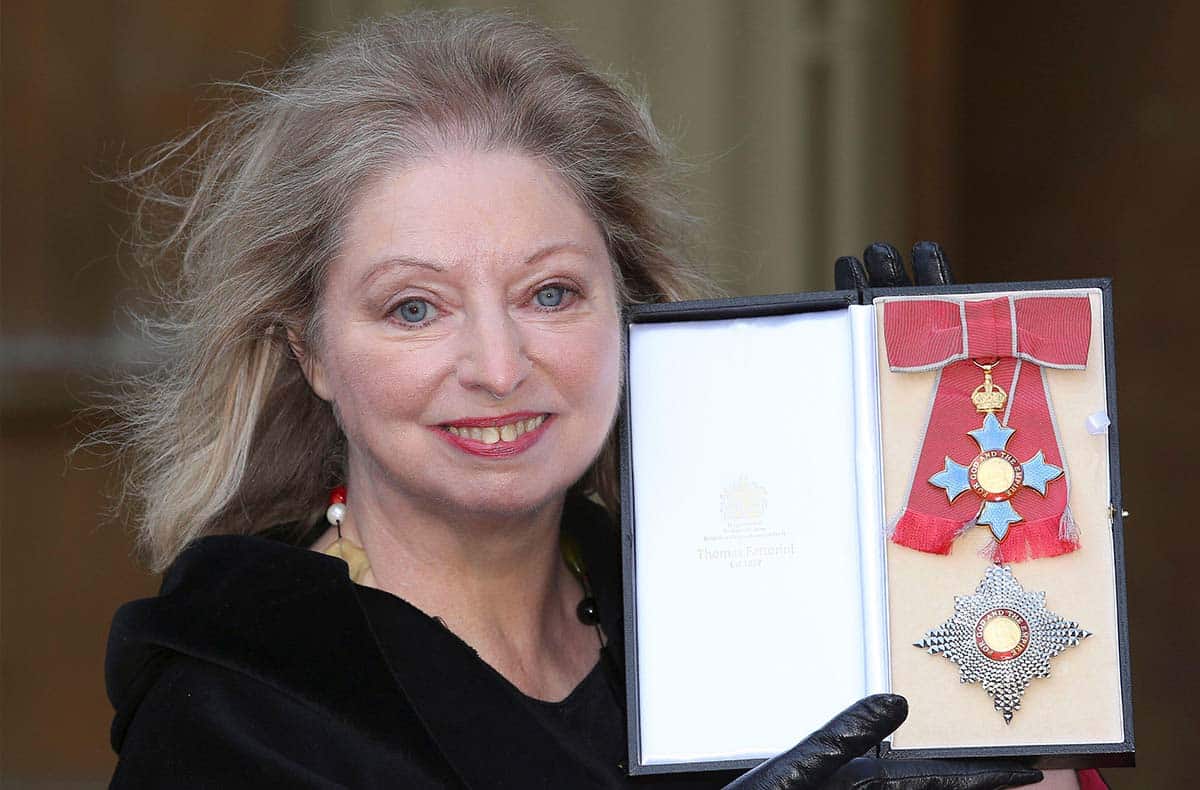
“The kitchen is on the top floor,” the Airbnb host said hurriedly to my husband and I as she ushered us up yet another vertiginous flight of stairs in the Tuscan villa we had rented for the week. Kitchen, upstairs? On the fifth floor? We exchanged nervous glances as three small children trailed after us up the stairs. In just under ten minutes, our holiday had disappeared. Or if it hadn’t disappeared, it bore little resemblance to its digital avatar that sat calmly—and falsely—on the Airbnb website. Readers of these pages who have arrived at an Airbnb listing only to find the reality vastly different from the photographic curation they bought into many months prior, will have much to say on the matter. Simply search “Airbnb horror stories” on Twitter and join the chorus. But this isn’t really a piece about Airbnb and its broken promises. It is, rather, a piece about how we take our holidays and the precarious management of the utopias we create from the sharing economy of Airbnb.
In his book On Holiday, A History of Vacationing, anthropologist Orvar Lofgren describes the strange alchemy of holidays as “vacationscapes,” capturing the mixture of fantasy and mediascape that holidays take on: “The view down at the beach, the little cottage by the meadow, the sunset over the cliffs, these are sceneries constantly framed, packaged and promoted by two centuries of tourist history.”We are all tourists, he argues, even if we might not like the term. Even if we consider our attempts at holidays to be as bespoke, private and handmade as possible; an urge that Airbnb has so successfully tapped into in the collective psyche. Most convincingly perhaps, Lofgren talks of the “territories of freedom” that holidays offer as a smokescreen for something quite different, the “unwritten rules” of the form that we fail to recognize. In her recent book, Tourists, How the English Went Abroad to Find Themselves, Lucy Lethbridge makes the case for the same unconscious rules that govern our definition, and experience of, leisure. Class distinctions, those rules of note for the British, are reinforced rather than left behind at the airport gate she notes wryly.
To begin with, Airbnb was about anything but rules. Founded in 2008 by college roommates Brian Chesky and Joe Gebbia, Airbnb acted as a byword for lawlessness for well over a decade; want to rent your kitchen cupboard? Go for it; your listing, your rules. The credo was simple: engage in experience over consumerism, become part of a network that empowers and diversifies. And yet, behind the language lay a promethean capitalism. Airbnb hounded the short-term lettings market, allowing landlords to lease entire apartment blocks, driving up local rents and acting as a wrecking ball for the kind of communities they were touting as authentic. In Paris, the city’s Communist housing representative, Ian Brossat, even wrote a book about the dangerous monoculture Airbnb promoted, calling for a reclamation of the city. Putting bread on the table, or du beurre dans les épinards, was all very well he said, but enough was enough.
Gradually, as the Airbnb concept rebuilds itself after the pandemic, explicit and assumed rules have begun to dominate its model more. In August the company announced its decision to introduce “new anti-party technology” to arrest the scourge of the “party guest” reviled by hosts and neighbouring communities alike. In a statement, the company announced that its primary objective was to reduce “reduce the ability of bad actors to throw unauthorised parties which negatively impact our Hosts, neighbours, and the communities we serve.” Further evidence of the ways in which the Airbnb concept could not survive its early ambition to re-engineer the way in which we holiday—and its accompanying hedonism – nor its plan to control and demarcate the cultural spaces that we, as tourists appropriate with a heavy symbolic load.
Our week in our Italian Airbnb was memorable—for all the wrong reasons. The rooms were too hot, there were too many stairs for the children, the kitchen was poorly equipped to deal with seven people eating in it. Practical problems all, but nonetheless problems that bled into my “vacationscape,” a place densely populated by daydreams, curious snatches of the past and a collage of mediascaped images handed down to me from two hundred years of cultural overlay created by the tourist industry that began with a Romantic up a mountain on the Grand Tour. Airbnb listings, with their concentration on the bespoke, or the heavily individualized and differentiated sense of adventure, target the feeling that we all crave from a holiday: the desire to be different and the eventual reassurance of being the same. In the past, this manufactured paradox has worked, for me at least. This summer, the first since we were released from pandemic restrictions, it didn’t. More than anything, it reignited a longing for the order and regularity of home. We are all tourists now, except when we are that far worse breed, the rule-bound homebody, casting our net abroad only to catch what we really seek in far more domestic environs.


